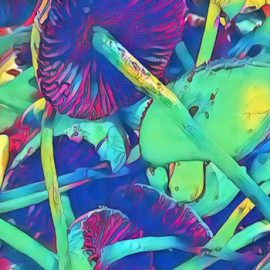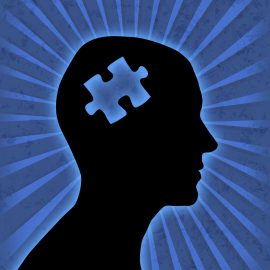Addiction Clinicians
Groups That Work: Values
Effective working groups can continue their traditions through surprising changes in location, membership, etc.
Topics: clinician skills, groups, treatment models
Negotiating With Ourselves
I contend that the outcome of a given treatment episode is often determined right at the outset, based on why the clients is in treatment in the first place.
Topics: counseling skills, treatment planning
Withdrawal Dilemma
The physician, meanwhile, depends on the information provided by medical science, usually in the form of materials from the pharma firm that markets the product.
Topics: co-occurring disorders, depression, prescription medications
Microdosers
If the dose is in fact subtherapeutic, then what causes the effects so enthusiastically reported by the user?
Topics: hallucinogens
How to Forget
Suppose we could develop cognitive techniques and train the patient to use them whenever symptoms reappeared?
Topics: addiction and the brain, early recovery, research
LSD Science Update
The relative importance of set and setting suggests that the environment in an LSD experience should be carefully controlled.
Topics: hallucinogens, research
Trauma and Memory
In fact, it’s often difficult to convince the trauma patient to seek treatment, in part because of fear of having to re-experience the event.
Topics: addiction and the brain, co-occurring disorders, trauma
Medical Cannabis in Addiction Treatment
The field is getting accustomed to patients arriving in addiction treatment complaining of problems with prescription opioids, stimulants, sedatives, etc, while actively enrolled in medical cannabis programs.
Topics: cannabis, prescription medications, research
Is Your Therapy Dull?
“It’s too much like doing your taxes,” was her verdict. That’s probably the worst thing I’ve heard anyone say about psychotherapy.
Topics: client engagement and motivation, cognitive behavioral therapy, therapies and tools


















